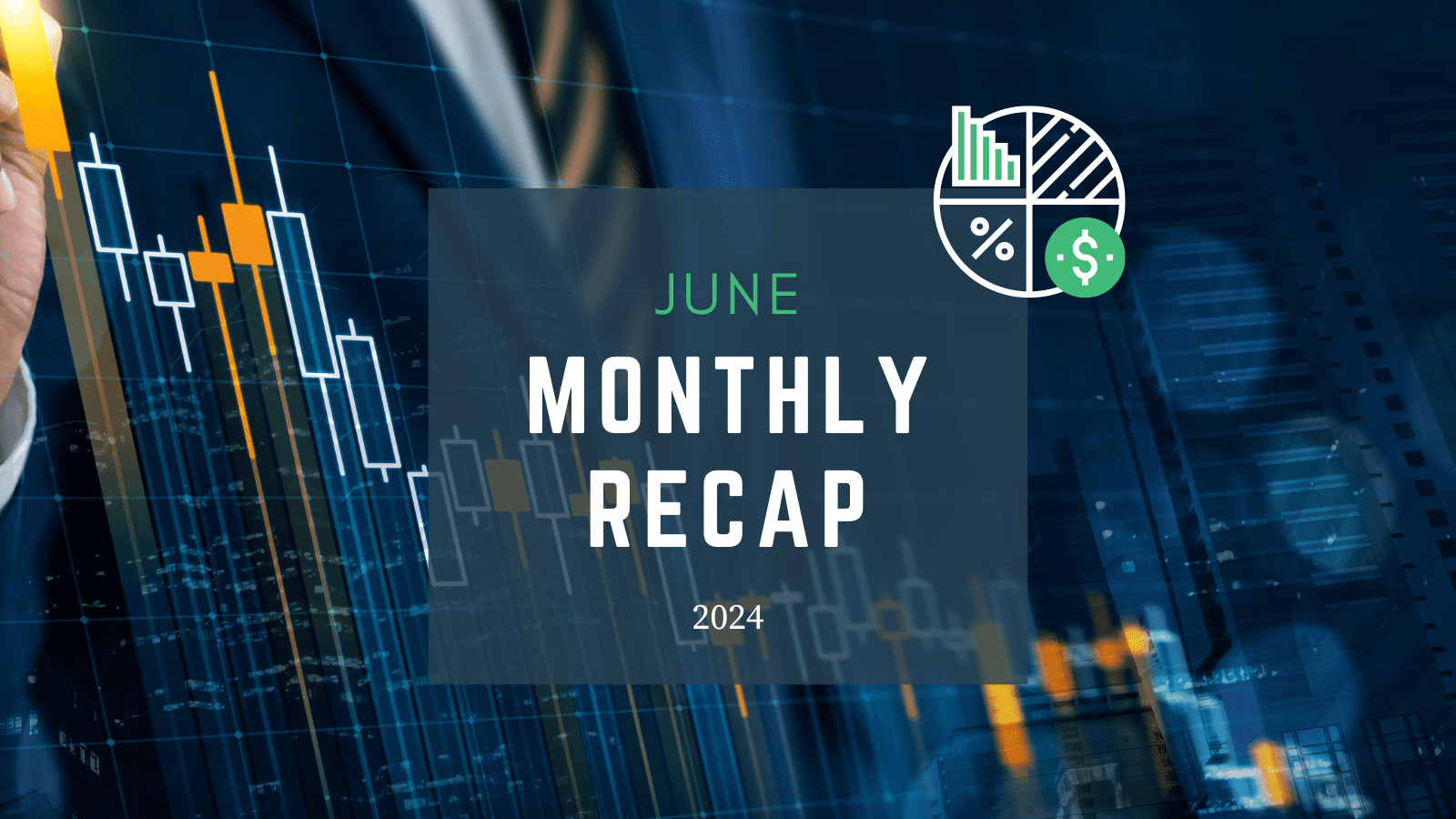“It’s far better to buy a wonderful company at a fair price than a fair company at a wonderful price.”
– Warren Buffett, Chairman & CEO Berkshire Hathaway
EXECUTIVE SUMMARY
Private Equity’s outlook remains well-positioned despite persistent uncertainty around inflation and higher interest rates. Many sponsors are optimistic that interest rates will be lower by year-end, making deals look more attractive. Deal volume has started to pick up, particularly in take-privates and M&A (merger & acquisition) transactions, with technology and healthcare sectors dominating activity. Fundraising has been slower than normal (except for the best performing managers), as investors are effectively asking to see additional successful exits and distributions to “prove it” in the current economic environment before making additional commitments.
Venture Capital continues to face a challenging environment, namely an oversupply of VC-backed startups seeking funding combined with more cautious investor behavior. This has created competition for capital. The strongest companies, however, continue to grow and attract VC funding. Tough times, some believe, will create a positive environment for entrepreneurs who have the fortitude to work through the challenges.
Private Credit has remained a bright spot for investors, generally delivering returns as promised, and avoiding any widespread default contagion. Private credit has particularly benefited as many of their loans are tied to floating interest rates, which perform better in rising rate environments.
Real Estate remains in a state of flux as assets are “repriced” to higher interest rates and have the challenge of securing affordable debt financing. Success has varied widely across sectors. Favorable tailwinds have helped some sectors, such as industrial and multifamily. Others, such as high-rise office, still face an uncertain future.
PRIVATE EQUITY
Private Equity appears to be entering a period of strategic adjustment, although potentially rewarding opportunities remain amidst a backdrop of heightened market volatility and uncertainty. The dramatic rise in interest rates and the corresponding economic and geopolitical uncertainties have tempered deal activity and pushed valuations down from their highs.
As illustrated by the chart below, the days of returns driven merely by leverage and multiple expansion may be over. The increased cost of debt and generally tighter lending standards are forcing some private equity firms to inject more equity capital into investments than in prior years. If valuations continue to moderate, real growth may need to be achieved through old-fashioned operational enhancements and organic growth, rather than from financial engineering, which has been an all-too-common approach in recent years. The best private equity firms, however, have a consistent history of creating enormous value in businesses without relying solely on low-cost debt.

In this environment, the increased need for quality with a sufficient margin of safety underscores a significant shift towards businesses with strong, recurring cash flows and a robust return on capital. Additionally, the adoption of artificial intelligence (AI) and “tech-enabled” innovation across all sectors of the economy has become critical to enhancing operational efficiencies and driving top- and bottom-line organic growth.
Looking forward, the trajectory in private equity will likely be influenced by each managers’ ability to navigate the challenges of deal-making, exits, and fundraising. Deal activity seems to be gaining momentum, and many remain optimistic that this marks the beginning of a return to more typical levels, although it will likely take some time for the ripple effects to make their way through the private market system. A moderation in interest rates could help revive deal activity in a market ripe with available capital and pent-up demand for quality investments.

In 2023, we wrote that private equity was expected to return to normalized levels of deal activity, exit activity, and fundraising levels. While some positive early momentum exists, there is still a ways to go. Given what has happened over the past four years, the key takeaway is that significant, unforeseen events occur. Therefore, it’s best to maintain a long-term investment strategy and avoid hasty decisions. This trait is essential for us when choosing private equity partnerships.
VENTURE CAPITAL
In 2023, startups encountered substantial hurdles as the IPO (Initial Public Offering) market was weak given rising interest rates. As a result, venture capital fundraising reached its lowest point since 2015. Last year also marked a departure from the previous era of consistent valuation markups in recent years. This shift towards markdowns with a challenging exit landscape has prompted increased activity in the venture secondaries market. History suggests however, tough times tend to breed stronger companies. Current conditions may cause entrepreneurs to operate more efficiently, perhaps ultimately making them more resilient. Can we expect 2024 to fare better? Obviously no one would suggest they can predict the future, but there’s a prevailing consensus that if 2024 experiences stable or declining interest rates, it is likely we see an overall increase in activity.

PRIVATE CREDIT
Throughout the second half of 2023, private credit stood out as private lenders financed an all-time high of 59% of leveraged buyout transactions. In 2024, that same story will likely continue. While concerns exist, particularly regarding existing portfolios amid deteriorating corporate fundamentals, widespread defaults in public or private credit markets seems unlikely. Private credit remains relevant, and many anticipate a long-term coexistence for public and private credit markets.
REAL ESTATE
The private real estate market remains in flux as repricing to higher interest rates and limited access to affordable debt is suppressing transaction volumes. There is also a clear divide between successful and struggling sectors. The question for 2024 is the degree of opportunity amid obvious uncertainties. Market dislocation could unlock opportunities. Seasoned managers with the flexibility to allocate adeptly across the real estate landscape will likely be rewarded for their ability to be more opportunistic in today’s market environment.
Industrial Sector: E-commerce is expected to continue its steady growth as business owners are focused on strengthening their supply chains by adding locations and onshoring or nearshoring more manufacturing operations.
Multi-Family Housing: Despite the pressures of rising interest rates and a more cautious investing climate, the multifamily sector remains a relatively low-risk asset class. Shortages continue to drive demand. One positive – the rapid rise in rent growth has likely ceased.
Commercial/Office Space: The commercial and office space has been a laggard since COVID-19, as working remotely creates challenges in the office sector which are likely to continue for the foreseeable future.
Retail: While retail has seen headwinds in recent years, not all retail is created equal. Despite the trend of consumers spending more money online for goods, brick-and-mortar essential service-oriented retail has proven resilient in the face of changing consumer behavior.

Sourcing Information
1 Dahlqvist, Fredrik and McKinsey’s Private Equity & Principal Investor Practice. 2024. https://www.mckinsey.com/industries/private-equity-and-principal-investors/our-insights/mckinseys-private-markets-annual-review/. Accessed February 2024.
Important Disclosures and Information
© 2024 The Finerty Team
All rights reserved. These materials were prepared for informational purposes only based on materials deemed reliable, but the accuracy of which has not been verified. This is not an offer to sell or buy securities, nor does it represent any specific recommendation. An index is an unmanaged portfolio of specified securities and does not reflect any initial or ongoing expenses nor can it be invested in directly. Exposure to an asset class represented by an index may be available through investable instruments based on that index. You should consult with an appropriately credentialed professional before making any financial, investment, tax or legal decision. Past performance is not indicative of future returns. These materials do not take into consideration your personal circumstances, financial or otherwise. Given the dynamic nature of the subject matter and the environment in which this communication was written, the information contained herein is subject to change.
Investment Advisory services offered through Moneta Group Investment Advisors LLC, an SEC-registered investment adviser. Registration does not imply any skill or training.



